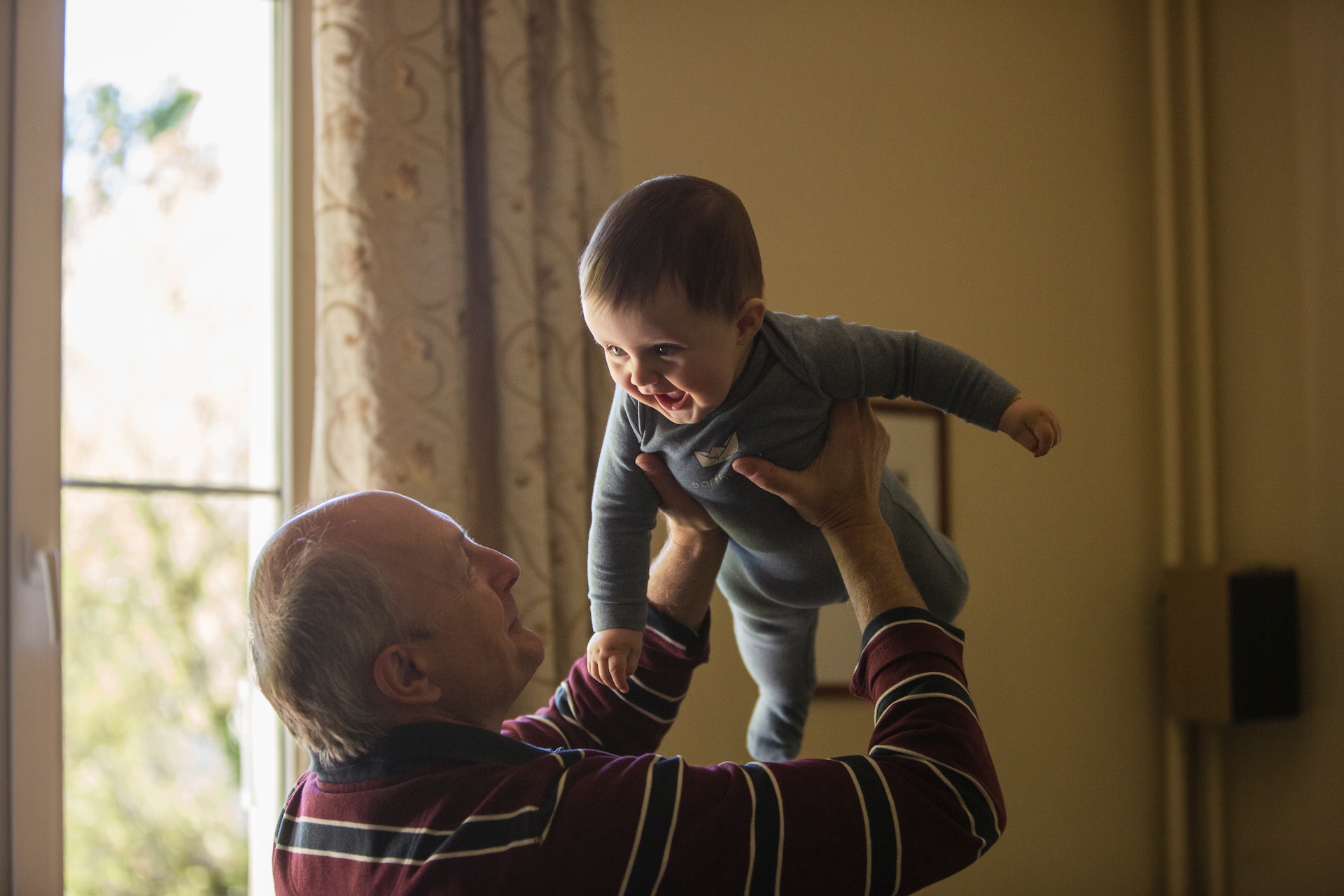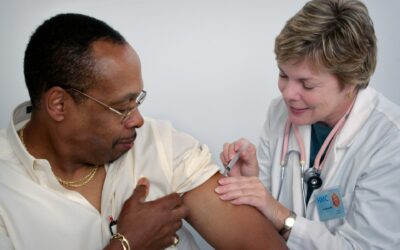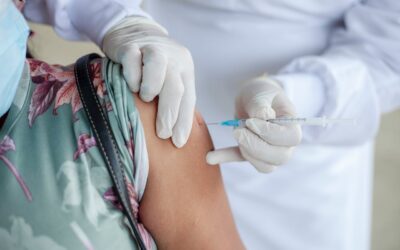Dear Mr. Dad: My wife and I are in our late 60s and we’re making plans to attend a big family reunion this fall. My daughter is pregnant and has two young kids, and my son has a six-month old and a toddler. Cousins and other relatives will be there too, and most have kids. Out of the blue, my son-in-law called and told me to be sure that my wife and I get a flu vaccine before we arrive. I was a little insulted. Why does it matter to anyone else whether we’re vaccinated or not?
A: I can understand why you might feel insulted; after all, your health is your business. But I’m sure your son-in-law was just expressing concern—for you and for everyone else at the reunion. Every year, influenza (the flu) causes 140,000-710,000 hospitalizations and 12,000-52,000 deaths, according to the Centers for Disease Control and Prevention (CDC). Fifty to 70% of those hospitalizations and 70-85% of those deaths are in people aged 65 and older. In addition, for those over 65, having the flu “increases the risk of heart attack by 3-5 times and stroke by 2-3 times in the first two weeks of infection,” according to the National Foundation for Infectious Diseases.
For those and other reasons, the CDC recommends that, barring contraindications (such as certain allergies or having had Guillain-Barre Syndrome), everyone at the reunion get vaccinated—including your pregnant daughter, 6-month-old grandchild, and your son-in-law.
Because there are a lot of vaccines out there and different ones are recommended for different age groups, talk to your healthcare provider about which one is most appropriate for you and your wife. As we age, our immune systems gradually deteriorate and become less effective. As a result, we become more susceptible to all types of infectious diseases, including the flu. That’s why, for most senior citizens, higher dose- and adjuvanted flu vaccines offer better protection).
We’ve all heard of people who got a flu shot but still came down with the flu. No vaccine is 100% effective 100% of the time. But experts, including those at the Mayo Clinic, agree that “even when the vaccine doesn’t completely prevent the flu, it may lessen the severity of your illness. It also may lower the risk of serious complications and serious illness needing hospital stays.” In addition, by being vaccinated, you “may also reduce the spread of these viruses,” according to the CDC. By getting the shot, you’re protecting yourself and everyone else you come in contact with.
Flu season typically peaks between January and March, but the CDC recommends that people get vaccinated starting in September. And since September 10 is National Grandparents’ Day, it’s the perfect time to do it. It’s also a perfect excuse to call your snooty son-in-law back and tell him to make sure he and the rest of his family get their shots before you arrive. It’ll be good for them—and good for you.
When you’re talking to your healthcare provider about flu vaccines, don’t forget about COVID. Although it’s no longer a front-burner issue for most people, new variants are showing up and COVID still presents a significant health risk—especially for people over 50. So make sure you’re up to date on your COVID vaccines and boosters. And remember: COVID and flu are completely different diseases and the vaccine for one will not protect you from the other—you need both.
Finally, since you’re going to be attending a large in-person event, be sure to take non-vaccine-related steps to protect yourself and your extended family from COVID, flu, and RSV. That means wearing a mask, washing your hands often with soap and warm water, and keeping your hands away from your face (and the faces of all those adorable babies you’ll be seeing).
This article first appeared on mrdad.com. Reprinted with permission
Photo by Johnny Cohen on Unsplash



